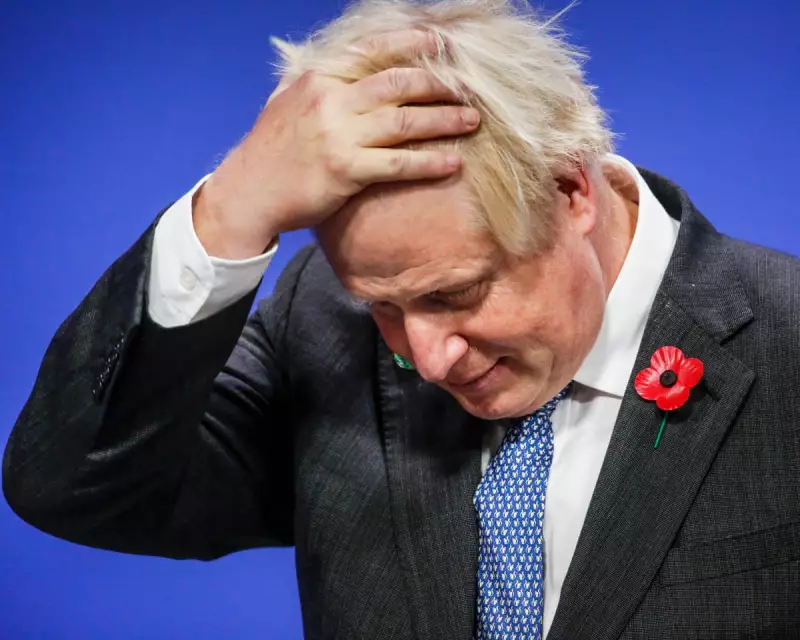
Imagine flicking on Question Time and witnessing the unthinkable: a cabinet minister providing a straight, unambiguous answer. No pivoting, no pre-programmed soundbites, just unvarnished truth. This is the compelling thought experiment posed by commentators, probing what would happen if honesty became the default in British politics.
The current state of political discourse is a masterclass in evasion. From the classic 'let me be clear' preamble that signals impending obfuscation to the artful 'what the public really wants to know' pivot, politicians have perfected the non-answer. This dance is so ingrained that we accept it as an unchangeable part of the Westminster theatre.
The Ripple Effect of Radical Honesty
But what if that changed? The implications would be seismic. A culture of directness would fundamentally alter the relationship between the governed and those in power. Trust, that most depleted of political commodities, could begin a slow and arduous recovery. The public, armed with clear information rather than rhetorical fog, could engage in more informed democratic participation.
Policy-making itself would transform. Debates would be forced to centre on substantive disagreements and evidence, rather than on which side could best frame a misleading narrative. It would become markedly more difficult to make promises in an election campaign only to abandon them upon entering Number 10.
The Uncomfortable Truths
Of course, such a shift would not be without its perils. Blunt honesty about complex challenges—from immigration and defence to the NHS and the economy—could be unsettling. It might reveal uncomfortable truths and trade-offs that are currently glossed over with optimistic slogans. The initial shock could cause short-term political damage, challenging the public's appetite for unvarnished reality.
Furthermore, the 24/7 media cycle, often built on the fuel of gaffes and gotcha moments, would need to adapt. A politician's truthful admission of a policy's downside or a past mistake would no longer be a scandalous headline, but a respected mark of integrity.
A Pipe Dream or a Potential Future?
Is this a utopian fantasy, or could a demand for greater transparency force a new era of political communication? The article suggests that while a sudden outbreak of total candour is unlikely, a growing public appetite for authenticity is undeniable. Voters are increasingly weary of the polished, focus-grouped persona and are rewarding figures who break the mould, for better or worse.
The path to a more honest politics may not begin with a grand decree, but with a thousand small choices. It starts when a backbencher chooses substance over spin in a local radio interview, or when a minister admits a policy's flaw while defending its overall merit. This collective shift could slowly rebuild the eroded bridge of trust between Britain's citizens and its political class, creating a healthier, more resilient democracy for the future.





